“Unless Sustainable Development Goals are Localized, It is Only a Dream to Actualize Them by 2030”
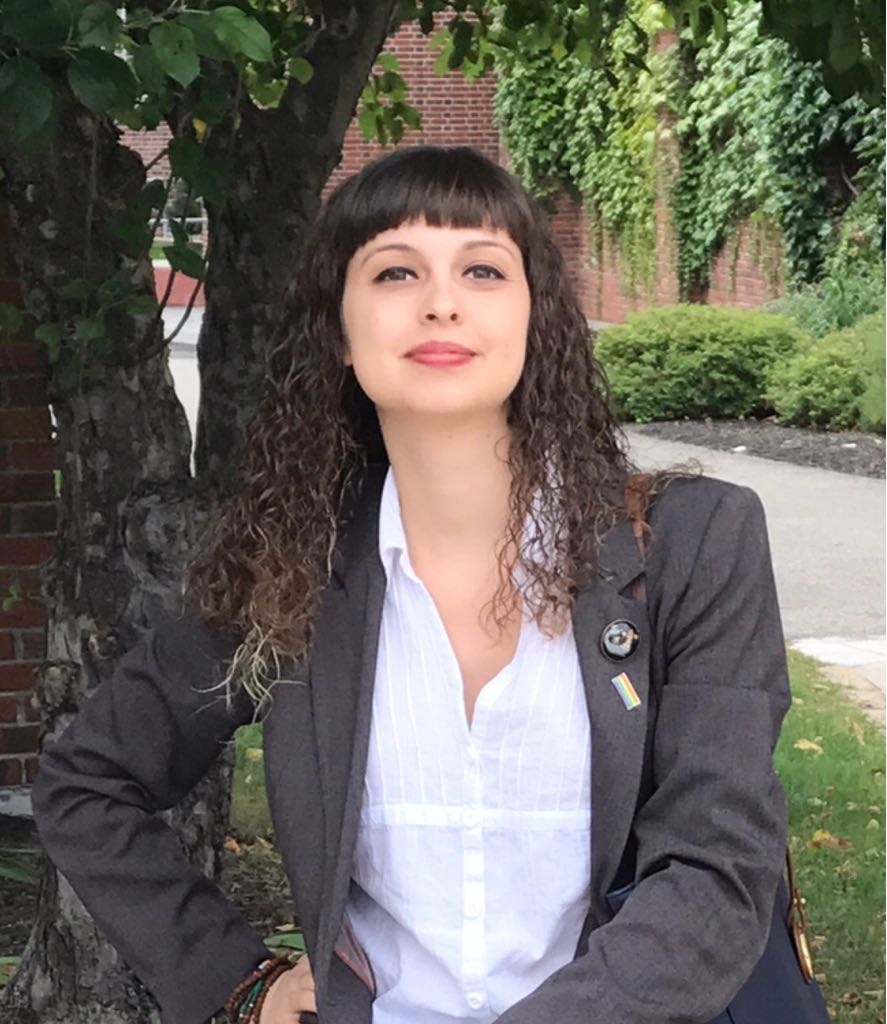
We interviewed Elif Avcı from Yereliz (an association that works on monitoring local administrations and strengthening civil society dialogue) about their book called "Good Practices for Localization of Sustainable Development Goals."
Interview: Rümeysa Çamdereli
Why was Yereliz founded and by who?
Yereliz was founded by a group of rights’ activists who realised the need for CSOs, universities and private sector corporations to cooperate with local administrations in order to provide social benefit. We can think of the structure as a “pool of experts” who want to develop civil society dialog and increase good practices.
Why do you focus on local administrations? What do you think their missions are?
Although local administrations are the closest public institutions to our daily lives, people have a tendency to see them as institutions constructing roads, picking up the garbage. For most of the people, municipality is only visible when there is a traffic jam due to a road excavation or a garbage truck. Municipalities are places to get married for people getting married, social relief distributions for people in need, payment points for people who have a store. However, municipalities are much more than all these. We know from our field experiences that municipalities can do many things to solve citizens’ needs, reinforce participatory democracy and make people’s lives easier. Sometimes, they may not know how to do and with who to do the things they want. For a municipality, cooperating with civil society is the biggest investment to increase local welfare and expand participatory culture and solidarity among people. If local administrators don’t see this with a perspective and regard civil society not as a collaborator but as a structure depended on them, they miss the chance to benefit from public-civil society collaborations. A simple example; finding a proper place for an activity or a meeting is a really a huge problem for an association. The rents are very high and so on. However, there are many meeting rooms, culture houses or social centres of municipalities. When municipalities let CSOs use their facilities, both of their power of impact increases. But even this very simple example of cooperation cannot be actualized most of the time. So, we try to help local administrations to gain this perspective, strengthen civil societies’ advocacy capacities and make both of these institutions meet.
How are sustainable development and localization regarded in Turkey? What should we understand from localization?
Sustainable development, the 2030 agenda for sustainable development, localization…All these concepts are like “what?” to most of the people in Turkey, if we don’t count the officers in the related ministries or some civil society workers and academicians. It is very sad that there are many concepts that are so related to our daily lives but we don’t know how to process all those. The approach is more like “we were just getting used to the concept of sustainability and now there are sustainable development goals”. The importance of these issues cannot be grasped fully. The simplest identification for localization can be this: It is a “what can my role be?” plan to improve target-specific articles in a related contract. It is the macro turning into a micro. It is to make big goals in theory more understandable in daily life.
What can be local administrations’ mission about that?
For example, 13th article of Sustainable Development Goals is about climate change. Turkey has been a party to United Nations Framework Convention on Climate Change since 2004 and a party to Kyoto Protocol since 2009. There is an action plan covering 2011-2023 for climate change and Turkey has to follow it. However, when we look at these conventions from a localization perspective, we see that planned actions are reflected neither on local administrations nor on our daily lives. If municipalities had localized these conventions, they “had to” support the usage of renewable energy sources, invest in sustainable agriculture and construction of environmental-friendly buildings. Unless sustainable development goals are localized, it is only a dream to actualize them by 2030. That’s why; every municipality should localize these goals in parallel with their profiles and make proper action plans. You can see from the book that they can do many things when they want to.
What do you think is the most prominent example in “Good Practices” book?
To me, each practice is unique. There are 64 practices in the book right now. We kept on adding new things to it. We thought there would only be a few examples under each title but we ended up with 64 practices. I can count mobile nursery, orientation training on gender equality, LGBTI+ friendly free anonymous HIV test, and women bus drivers, participatory budget and bicycle as an official car. There is also an act of municipal council to support renewable energy resources. You, I have counted many things again.
Can you give some more examples from the book? What kind of suggestions do you think are prominent?
There are easy and not much expensive practices such as policy on equality at work, act of municipal council on fish farms, orientation training on gender equality and so on. There are also expensive projects such as ecological building, Tepebaşı village of life, campus for associations and so on.
This book is a tool for both local administrations and the civil society. With this tool we provide suggestions to the municipalities: If you have a problem of finding a proper place, then open a mobile nursery. If you don’t know how to do it, look, there’s another municipality which already managed to do that. Get in contact and share experiences with them. Also, sustainable development goals are not bogies. They are within the scope of your authority and responsibility. You need to do something very quickly if you want to reach these goals by 2030. We also say to civil societies: Look, your municipality can do whatever they can. Go and show all these examples to them and be an advocate to make them implement all these projects in your area, too.
To check the book please click.


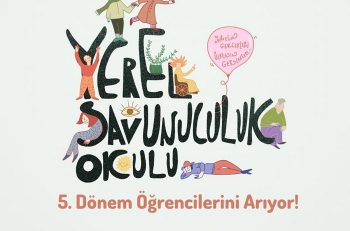
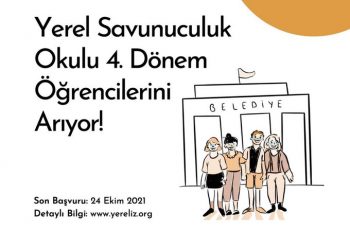
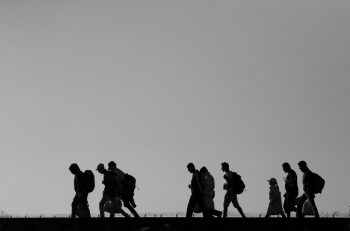


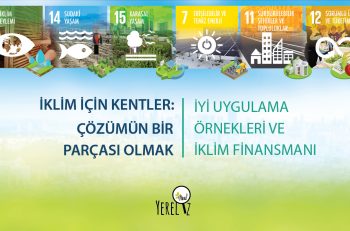
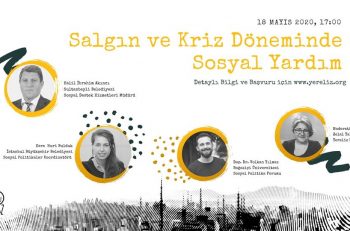

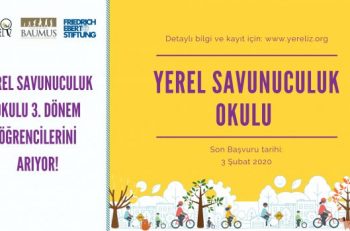
Bizi Takip Edin